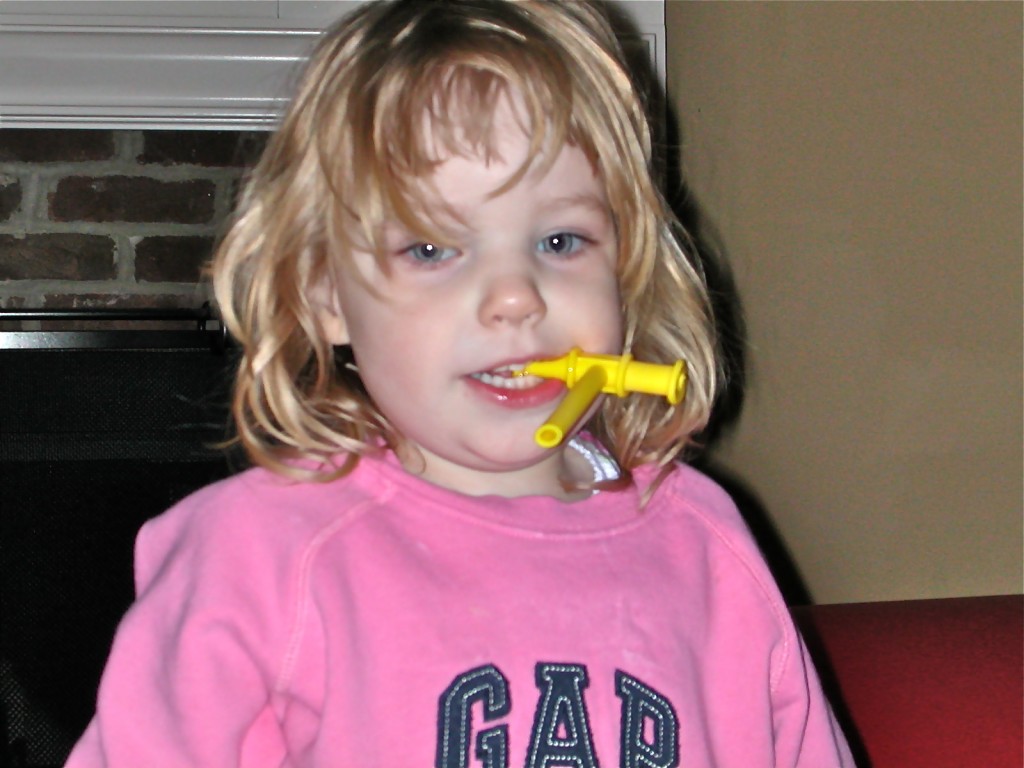This past summer I did a show that I will never forget at the Comedy Cafe in Milwaukee. I wrote about it here, but a brief synopsis was a woman in the audience I had a dialogue with who I quickly surmised was on the autism spectrum. Because of my having Maddie in my life, I took a kinder approach to her and it ended up becoming one of the best shows I’ve ever been part of.
One of this woman’s friends who was attending the show with her is a professor at Marquette University. She asked if she could use some of my standup clips and some of the video from this website in her Introduction to Philosophy class. I told her I would be honored and it seemed to really connect with her students.
Here is the video they sent to Maddie afterward.
I will tell you that this video brought tears to Susan and my eyes. It was incredibly moving to know that this site has reached people from different countries and cultural backgrounds. I cannot thank Jennifer Marra enough for her efforts in bringing more awareness to the subjects of standup comedy and people with disabilities. Here is in her words how the whole project came together for her.
I teach an introduction philosophy course called Human Nature. This course is designed to cover a range of considerations for what it means to be a human being – topics like mind versus body, spirituality, social interaction, and questions of free will. Throughout the semester we studied the history of philosophy and what various philosophers believe are the essence of the human being; rationality, a soul, a free will, etc. In the final unit, the social unit, I spent a week on comedy. For most of my students, my class was their first exposure to philosophy, and throughout the course I did my best to make sure they not only saw the relevance of the topic, but were able to relate the questions and concerns of the philosophers to their lives. Comedy is the best way to do this. In refocusing away from the abstract and not so easily accessible to the concrete and highly accessible, the plan was to show my students that not only does philosophy happen everywhere, even in the comedy club, but also that the questions we had been asking have very important implications.I first showed them clips of stand-up comedy and asked them to analyze them in terms of the theories of humor we had learned. Then, I asked very generally about ethics and humor and if they believed a joke is always just a joke. With these ideas in mind, I played a clip of your stand-up (you are talking about Angus, then transition to talking about the R word). Afterward, I asked their impression of this. Is this what we expect of comedy? Can comedy be serious? Was this an appropriate use of the stage? I then told them that I knew you and that you and Maddie make videos together. I showed them a Happy Monday video and asked again about your use of comedy to talk about raising a daughter on the spectrum. At the end of class, I asked them to reflect on the semester and consider whether any of the philosophies we had learned accommodate Maddie or others with special needs. All semester (and very commonly throughout the history of philosophy) we were talking in abstract terms about what it means to be human, and making sweeping universal claims about what consititutes personhood. But were we really getting to the core of what it means to be a person deserving of respect or consideration, or were we being exclusionary to a fault? We had talked eariler in the semester about how Aristotle’s philosophy was used to exclude slaves from personhood and classify women as subhuman, how the way in which someone defines human being can be used to justify atrocities like the Holocaust, and how even religious leaders excluded some from moral consideration because their definitions were so narrow. But while we talked about race and gender, we had not yet talked about special needs. You and Maddie allowed me to work this into my course as a very serious consideration in a very nonthreatening and non-confrontational way.In class my students weren’t very vocal – a few here and there expressed opinions but many sat in the most contemplative silence I had seen all semester. It was later that night and over the next two weeks that they began to send me emails or talked to me privately about that lesson. Not only did this stick with them, it got them thinking about the topic long after the class was over. Many just asked me to tell Maddie hi and to thank you. Others were much more detailed about how they were affected. One students didn’t know what autism is, and we spent some time together doing research. Another emailed me to tell me he was a member of the Best Buddies club at Marquette, a sort of Big Brothers/Sisters group that teams up students with people with special needs for fun events. Another student told me with tears in his eyes how when he was younger he called his friend the R word at a restaurant without realizing that sitting right behind him was a little girl with Downs. He’s never forgotten it.My students were more than happy to make videos, and I’m impressed at how many responded given that it was so close to finals at the time. I’m so proud of them, and so glad you and your family enjoyed it. Especially Maddie.This is super long winded, but I felt it was important for you to know the impact of the videos for my class, not only for my students but for me as their teacher.Jenn

